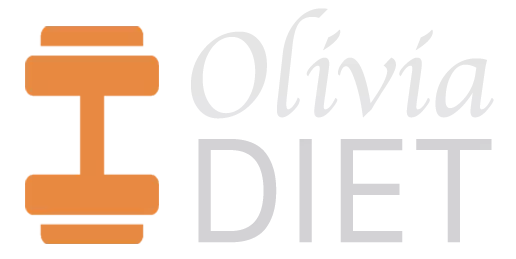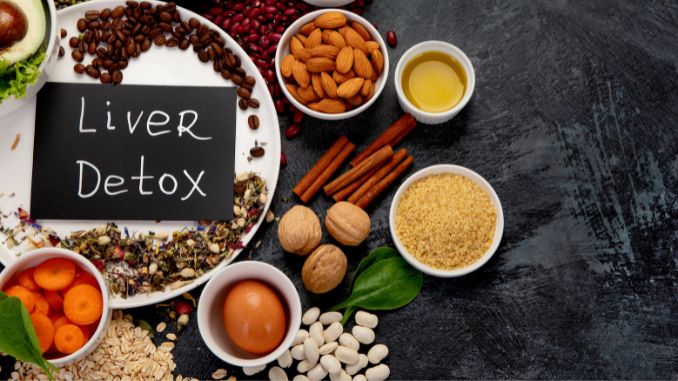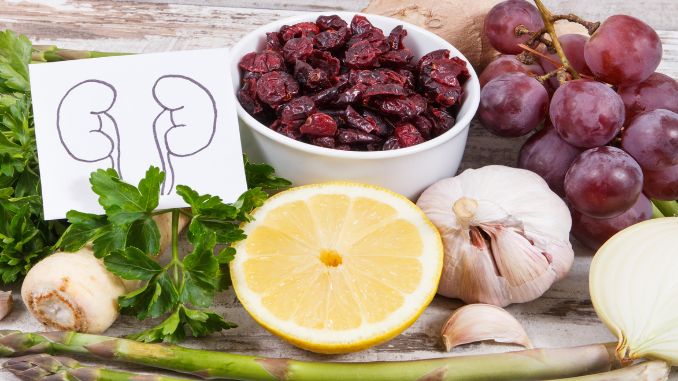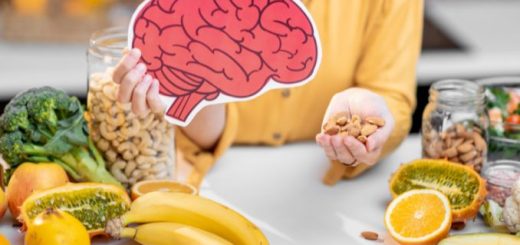Exploring the Intricate Link Between Organs and Emotions: A Holistic Insight
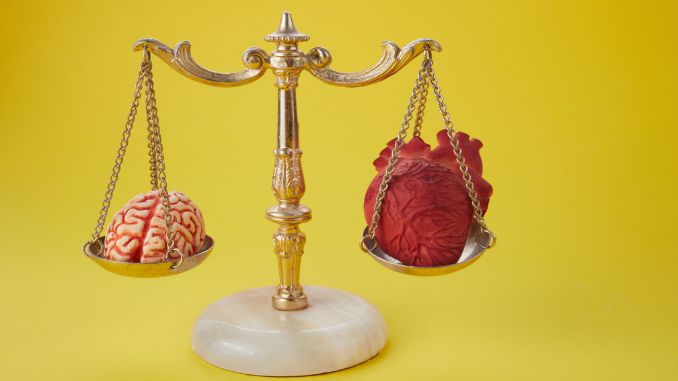
Last updated on April 24th, 2025 at 04:12 pm
The health of your organs may be more in sync with your emotions than you realize. Traditional Chinese Medicine champions a link between organs and emotions, suggesting that emotional imbalances can manifest in organ health. This article provides insights into this interconnectedness, illustrating how anger, joy, worry, grief, and fear each correspond to different organs, affecting the liver, heart, spleen, lungs, and kidneys, respectively, and vice versa.
Key Takeaways
- Traditional Chinese Medicine (TCM) establishes a specific connection between emotions and internal organs, suggesting that our emotional state drives many aspects of our lives and that imbalances in organs can evoke correlating emotional responses.
- TCM emphasizes the role of lifestyle and dietary changes in maintaining emotional balance and organ health, recommending specific foods and practices that nourish corresponding organs associated with particular emotions.
- TCM offers holistic treatments such as acupuncture, herbal medicine, and mind-body practices that aim to address emotional imbalances by restoring balance to the body and mind, contrasting with Western medicine which often focuses on treating symptoms.
The Organ-Emotion Connection in Traditional Chinese Medicine
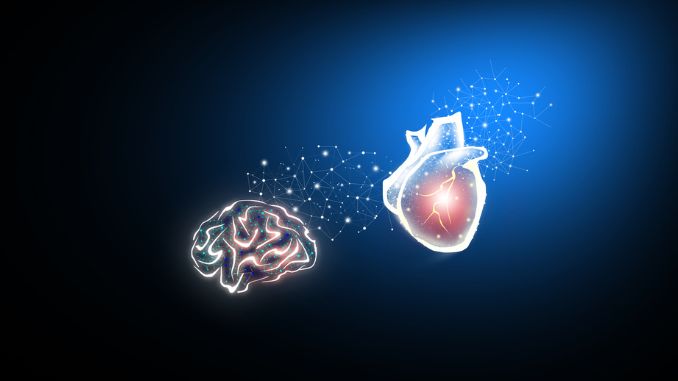
Traditional Chinese Medicine concept of organs and emotions
In Traditional Chinese Medicine (TCM) [¹], emotions and their effects on physical health have been long recognized. Ancient Chinese medical texts provide a detailed framework linking specific emotions to particular internal organs. For instance, they relate:
- anger with the liver [²]
- joy with the heart
- worry about the spleen
- grief with the lungs
- fear with the kidneys
According to the Pacific College of Health and Science (2014), each emotion directly affects the health of its corresponding organ.
This connection is not merely symbolic. Emotions can influence the physical state and lead to diverse symptoms and potential health issues. These issues stem from:
- significant energetic imbalances
- disrupted blood flow
- obstructed qi (energy) in the meridians
- in severe instances, may impact the functioning of internal organs
1. Liver and Anger
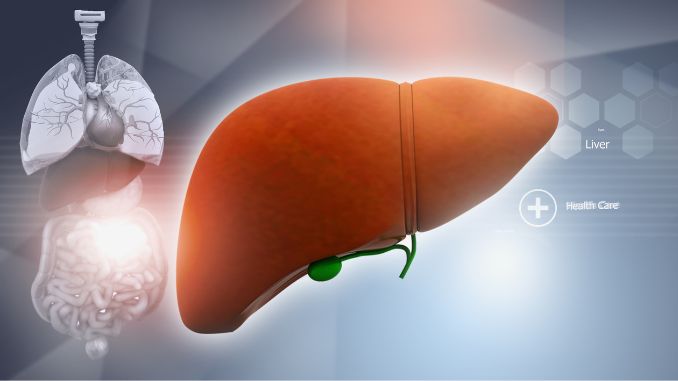
Liver and Anger Connection in Traditional Chinese Medicine
TCM associates the liver with the emotion of anger, a connection that can be manifested through physical symptoms. For instance, intense anger can trigger shallow and irregular breathing, which suggests distress in the liver’s functioning.
Conversely, liver imbalances can influence our emotions. A disruption in the liver’s energy, or ‘qi’, might evoke irritability and anger. Headaches and other physical symptoms and digestive issues may also arise. Moreover, this connection between the liver and anger illustrates how our emotional state can influence our physical health and vice versa.
2. Heart and Joy

Heart and Joy Correlation in Traditional Chinese Medicine
TCM connects the heart [³] with the emotion of joy. This doesn’t imply that joy is detrimental. Moreover, feelings of joy and happiness signal a balanced heart. Yet, an overflow of joy, like mania or extreme exhilaration, might point to a disturbance in the heart’s energy. This could lead to restlessness, insomnia, or even severe mental-emotional disorders.
On the flip side, a deficiency of joy can also negatively impact the heart. This can manifest as feelings of lethargy, lack of enthusiasm, and even depression. Hence, while joy is a positive emotion, it must be balanced for the heart to function optimally.
3. Spleen and Worry
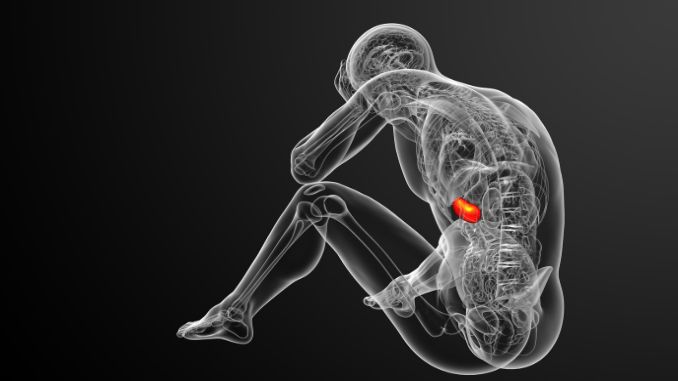
Spleen and Worry Association in Traditional Chinese Medicine
According to Chung et.al (2016), TCM links the spleen with the emotion of worry [⁴]. When we worry, our energy tends to turn inwards, leading to energy stagnation in the spleen. Over time, this can lead to an imbalance in the spleen’s function, which in TCM, includes the digestion of food and thoughts.
Moreover, an imbalanced spleen can manifest as physical symptoms such as fatigue, impaired digestion, difficult bowel function, and difficulties with concentration. This can contribute to stubborn weight problems. Thus, maintaining a calm and peaceful mind is vital for the health of the spleen.
4. Lungs and Grief
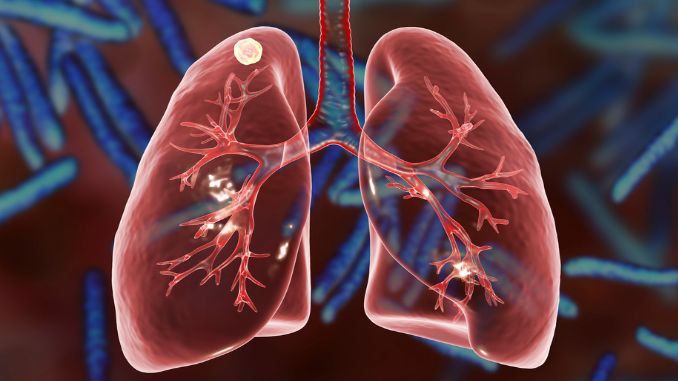
Lungs and Grief Connection in Traditional Chinese Medicine
TCM relates the lungs to the emotion of grief. Unresolved grief or prolonged sadness can influence our life direction and general well-being. Such emotional strain can subsequently result in a lung imbalance, manifesting as physical symptoms.
In particular, imbalances in the lungs may result in respiratory issues, fatigue, and depression. The physical manifestations of unresolved grief can also include a sense of depleted energy and challenges with bowel function. Moreover, this illustrates how our emotional state can have profound effects on our physical health.
5. Kidneys and Fear
TCM associates the kidneys with the emotion of fear [⁵]. The kidneys are perceived as the foundation of our energy in TCM, and fear is an emotion capable of draining this energy. An imbalance in the kidneys can manifest in physical symptoms such as low energy, dark circles under the eyes, poor sleep, and cold hands and feet. Moreover, on the emotional level, a kidney imbalance can result in feelings of fearfulness, insecurity, and a tendency to isolate oneself. Thus, managing fear and stress is crucial for maintaining the health of the kidneys.
Balancing Emotions through Diet and Lifestyle
Having explored the organ-emotion connection, we can now look at ways to balance our emotions via diet and lifestyle modifications. In TCM, diet and lifestyle changes are crucial to maintaining emotional balance and supporting organ health.
Moreover, by eating foods that nourish our organs and avoiding those that cause imbalances, we can help maintain our emotional health. Similarly, lifestyle changes such as regular exercise and stress management techniques can also support our emotional well-being and organ health.
1. Nourishing the Liver
Nourishing the liver involves consuming foods that support detoxification and reduce inflammation. This is because, in TCM, the liver is believed to help regulate the qi (vital energy) and flow of blood, ensuring their smooth movement throughout the body. Additionally, an imbalanced liver can lead to stagnation of energy and blood, causing emotional and physical symptoms.
TCM recommends foods like goji berries, milk thistle, whole grains, and green vegetables for detoxification and liver and gallbladder health. Incorporating anti-inflammatory foods like turmeric, ginger, and blueberries into your diet can also help maintain liver health.
2. Supporting the Heart
The heart, in TCM, is seen as the emperor of all organs, and its health is crucial for our overall well-being. A balanced heart promotes emotions of joy, enthusiasm, and vitality, while an imbalanced heart can lead to restlessness, insomnia, or depression.
To support the heart, TCM recommends consuming red or warm foods like red apples, dates, and black tea, while avoiding excess spicy foods and white-colored foods. Moreover, these foods are believed to promote a warm heart with healthy Qi. Moreover, regularly consuming these foods can help balance the heart’s energy and support emotional well-being.
3. Strengthening the Spleen
Strengthening the spleen involves consuming easily digestible foods and managing stress. This is because the spleen, in TCM, is responsible for transforming food into small intestine energy and transporting this energy to the rest of the body. A weak spleen can lead to fatigue and digestive issues.
TCM advocates for low-impact activities like Tai Chi and Qi Gong as methods to enhance spleen function. Additionally, consistent engagement in these exercises is believed to fortify the spleen and contribute to a robust immune system.
4. Healing the Lungs
Healing the lungs involves avoiding pollutants, practicing deep breathing exercises, and consuming lung-supportive foods. In TCM, the lungs are responsible for receiving Qi from the air we breathe and distributing it throughout the body. Lung problems can lead to respiratory issues and fatigue.
Practicing deep and slow abdominal breathing exercises can support lung health. These exercises can increase lung capacity, strengthen respiration, and promote relaxation. Additionally, avoiding pollutants and maintaining good indoor air quality can also help preserve the health of the lungs.
5. Fortifying the Kidneys
Fortifying the kidneys involves staying hydrated, managing stress, and consuming kidney-supportive foods. The kidneys, in TCM, are seen as the foundation of our energy, storing our genetic energy or “jing.” Kidney problems can lead to fatigue, reproductive issues, and fear.
Staying well-hydrated is crucial for kidney health, as it helps maintain the body's fluids. Managing stress can also support kidney health by harmonizing yin and yang and revitalizing jing. Consuming kidney-supportive foods like:
- goji berries
- cranberries
- blueberries
- cherries
- red and green bell pepper
- cabbage
- cauliflower
- onions
- garlic
- ginger
Green tea can also help fortify the kidneys.
Holistic Treatments for Emotional Imbalances
TCM provides a spectrum of holistic treatments designed to tackle emotional imbalances and their subsequent effects on organ health. These treatments, which include acupuncture, herbal medicine, and mind-body practices, aim to restore balance to the body and mind, thereby promoting overall health.
These holistic treatments perceive the body as a unified entity and strive to address the root cause of diseases rather than merely treating the symptoms. This approach emphasizes the importance of emotional health in maintaining physical well-being. It offers a comprehensive strategy for addressing emotional imbalances and their effects on organ health.
1. Acupuncture
Acupuncture is a key component of TCM. It involves the insertion of light needles at particular points on the body to stimulate the “qi” (flow of energy). This ancient practice can help balance emotions by stimulating specific points related to organ function.
Acupuncture is believed to modulate brain activity and affect neurotransmitter levels, which can influence emotional states and cravings. In this way, acupuncture can address emotional imbalances and support overall health and well-being.
2. Herbal Medicine
Another key component of TCM is the herbal medicine. It can support organ health and address emotional imbalances. This practice involves the use of tailored herbal formulas designed to address each individual's unique needs.
These herbal formulas can help balance the body’s energy, support organ function, and address emotional imbalances. Moreover,y taking a holistic approach, herbal medicine can provide a comprehensive treatment strategy for emotional imbalances and their effects on organ health.
3. Mind-Body Practices
Mind-body practices like meditation, yoga, and tai chi can also help cultivate emotional balance and support overall well-being. These practices involve a combination of breathing exercises, physical movement, and mental focus. They can help improve mood, reduce stress, and enhance overall health.
By promoting relaxation and mindfulness, these practices can help balance the body’s energy, support organ health, and address emotional imbalances. As such, they form an integral part of TCM’s holistic approach to health and well-being.
Western Medicine vs. Traditional Chinese Medicine: A Comparative Perspective
While Western medicine focuses on treating symptoms, TCM applies a holistic approach, addressing the root cause of health issues. Moreover, in the context of emotional imbalances, Western medicine typically prescribes specific medications to treat the symptoms, while TCM addresses the imbalances in the body that are causing the symptoms.
This difference in method underscores the importance of considering both emotional and physical aspects of well-being when treating health issues. By taking a holistic approach, TCM can provide a comprehensive treatment strategy for emotional imbalances and their effects on organ health.
Real-Life Examples: Emotional Imbalances and Their Effects on Health
Real-world examples can underline the impact of emotional imbalances on health. For example, a person who experiences emotions consistently under stress from unstable living conditions or a situation or life event might face physical symptoms like muscle tension, digestive issues, and headaches. These symptoms could eventually evolve into more serious health problems like weight fluctuations and chronic fatigue, highlighting the importance of maintaining a normal adaptive emotion.
These examples highlight the importance of addressing both physical and emotional aspects of well-being. By recognizing the connection between our physical health and emotions, we can take steps to balance our emotions, support our organ health, and promote overall well-being.
Summary
Throughout this post, we’ve explored the intricate link between our emotions and our organs, as understood in this approach of Traditional Chinese Medicine. We’ve delved into the organ-emotion connections, discussed how to balance emotions through diet and lifestyle, and explored holistic treatments for emotional imbalances.
Moreover, it’s clear that our emotional health plays a crucial role in our physical well-being. By taking a comprehensive approach, we can address the root cause of our health problems, rather than just treating the symptoms. So, remember to take care of your emotions – your organs will thank you!
Explore the intricate link between organs and emotions with our holistic insight. Check out our Best Foods that Rapidly Slim & Heal in 7 Days for a transformative experience!
Rick Kaselj MS, is a leading kinesiologist and injury specialist as well as co-creator of the best-selling Unlock Your Hip Flexors program. Rick creates exercise programs that help people heal injuries and eliminate pain, so they can go back to living a full, active, healthy life.
